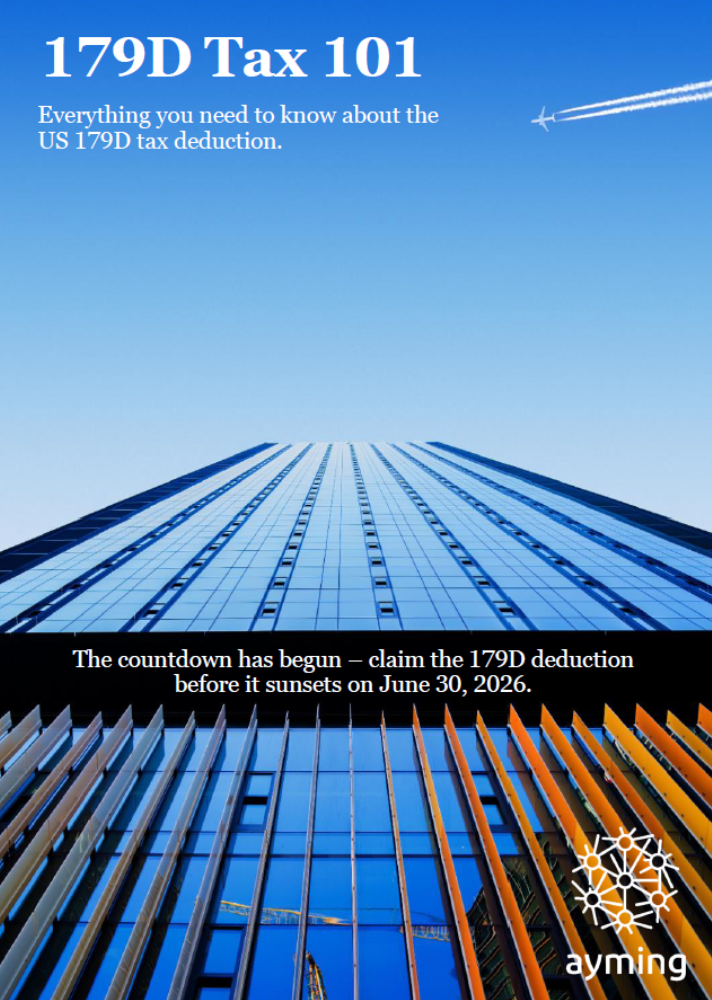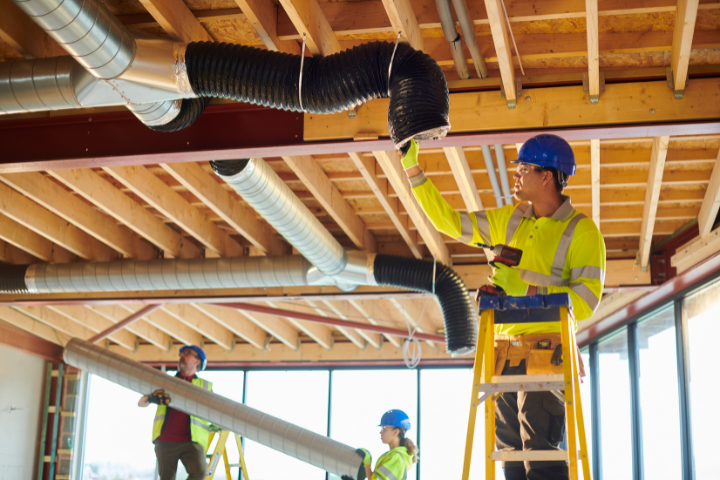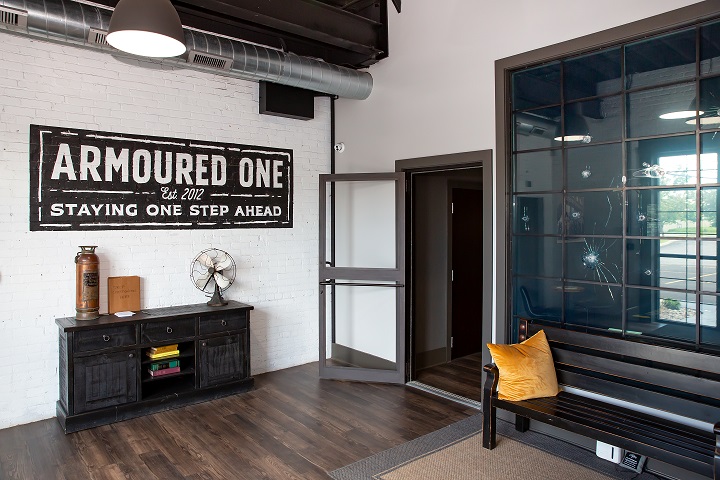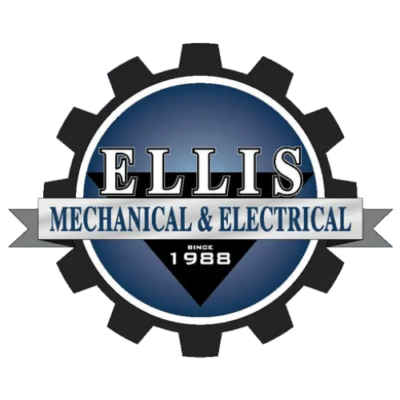Overview
The cost of building and implementing green energy-related projects can be discouraging. Certain energy-efficient tax credits were created to encourage businesses to be more eco-friendly and cost-effective.
Resources
Solving your challenges in claiming Energy Efficiency Incentives
As of mid-2025, federal tax law has changed a lot. This is due to the Inflation Reduction Act (IRA of 2022) and the One Big Beautiful Bill Act (OBBBA) of 2025. These changes provide major incentives for energy efficiency, but with that also include deadlines and strict eligibility rules.
For businesses, architects/designers, homebuilders, manufacturers, tax-exempt organizations, and governments, the window for maximizing benefits is narrowing. Acting with expert guidance is no longer optional – it’s essential.

Because several incentives are expiring or changing, we act fast. We prioritize pipeline scheduling, design timing, and construction start dates to ensure eligibility under current rules.

IRS requires detailed modeling, certifications, and wage/apprenticeship proof. Without proper records, deductions can be denied or clawed back. Our experts help you from checking your eligibility to getting certified, modeling, and filing taxes. We make sure your claim is maximized and follows the rules.

Architects, engineers, and other designers can claim the deduction. This applies if they get an allocation from work done for tax-exempt entities. However, many designers often fail to secure allocation letters, leaving money unclaimed. Find out how our experts can secure the allocations for you.

New building projects and improvements could qualify for multiple different incentives. Many businesses lose value. They do this by not connecting energy credits with cost segregation, bonus depreciation, or state and local programs. Our seasoned experts identify and combine energy-efficiency incentives with other credits/deductions to optimize overall tax position—federal, state, and local.

<p>Because several incentives are expiring or changing, we act fast. We prioritize pipeline scheduling, design timing, and construction start dates to ensure eligibility under current rules.</p>

<p>IRS requires detailed modeling, certifications, and wage/apprenticeship proof. Without proper records, deductions can be denied or clawed back. Our experts help you from checking your eligibility to getting certified, modeling, and filing taxes. We make sure your claim is maximized and follows the rules.</p>

<p>Architects, engineers, and other designers can claim the deduction. This applies if they get an allocation from work done for tax-exempt entities. However, many designers often fail to secure allocation letters, leaving money unclaimed. Find out how our experts can secure the allocations for you.</p>

<p>New building projects and improvements could qualify for multiple different incentives. Many businesses lose value. They do this by not connecting energy credits with cost segregation, bonus depreciation, or state and local programs. Our seasoned experts identify and combine energy-efficiency incentives with other credits/deductions to optimize overall tax position—federal, state, and local.</p>
How we can help
Specialists in Energy Efficiency Incentives – it’s what we do
Our team of tax planning consultants helps businesses that invest in green energy manufacturing. We assist those making energy efficiency improvements to buildings or facilities. We also support companies that manufacture solar or wind energy components, including energy storage and inverter production. These businesses can receive tax credits and deductions based on their projects.
179D Tax Deduction
The Commercial Buildings Energy-Efficiency Tax Deduction encourages commercial building owners and primary designers to implement energy-efficient building components in newly constructed or existing commercial and government buildings.
45L Tax Credit
The Energy Efficient Home Credit incentivizes the development of energy-efficient residential single-family and multi-family housing.
45X Tax Credit
The Advanced Manufacturing Tax Credit, is a production tax credit for manufacturers of eligible components produced by a taxpayer within the United States and sold to an unrelated party.
Our latest thinking















